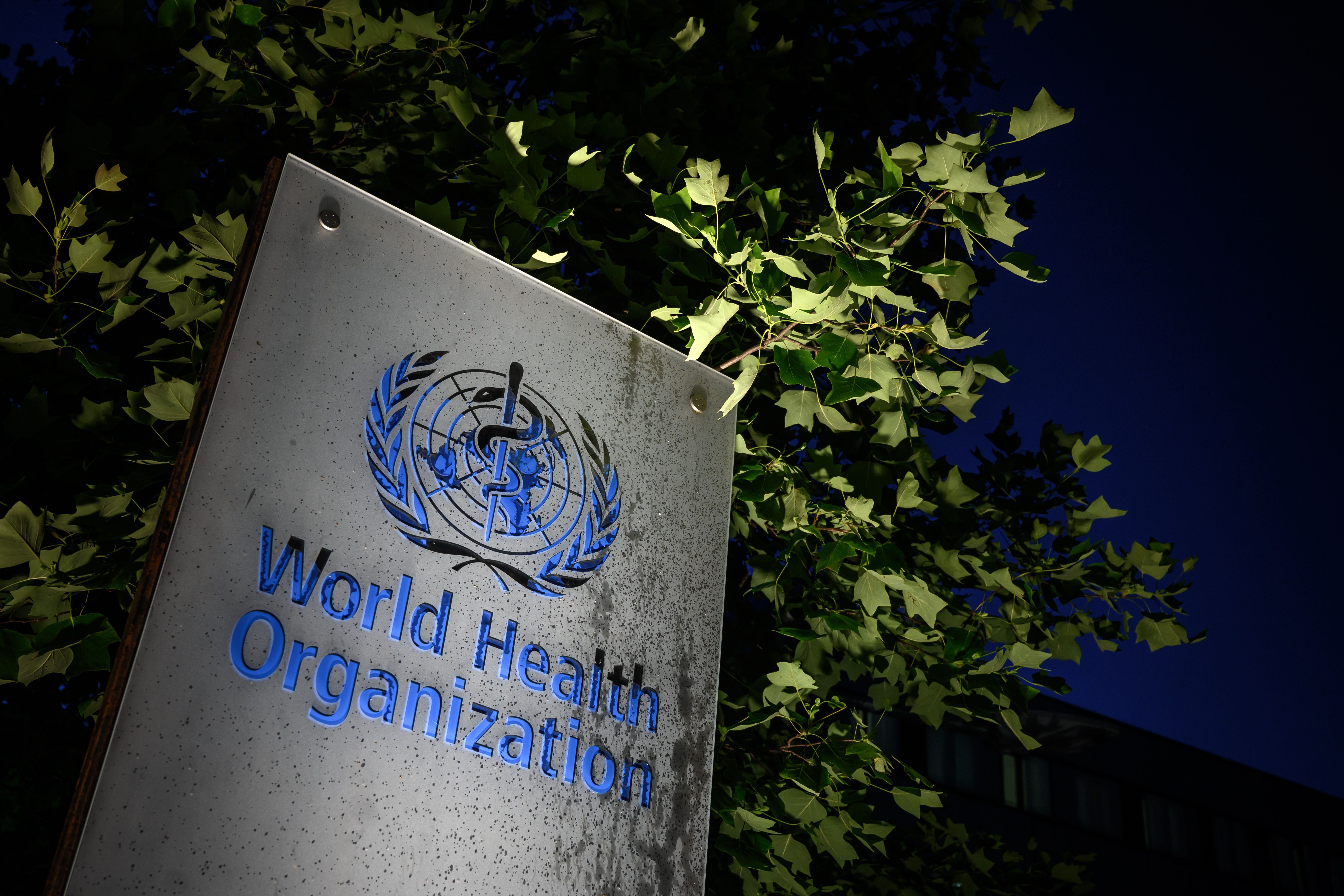WHO says it will not encourage vaccine passports for ‘ethical or scientific’ reasons
‘This would increase the iniquities and if there is one thing that we have learned from the Covid-19 pandemic it is that the vulnerable people were hit disproportionately’

Your support helps us to tell the story
From reproductive rights to climate change to Big Tech, The Independent is on the ground when the story is developing. Whether it's investigating the financials of Elon Musk's pro-Trump PAC or producing our latest documentary, 'The A Word', which shines a light on the American women fighting for reproductive rights, we know how important it is to parse out the facts from the messaging.
At such a critical moment in US history, we need reporters on the ground. Your donation allows us to keep sending journalists to speak to both sides of the story.
The Independent is trusted by Americans across the entire political spectrum. And unlike many other quality news outlets, we choose not to lock Americans out of our reporting and analysis with paywalls. We believe quality journalism should be available to everyone, paid for by those who can afford it.
Your support makes all the difference.The World Health Organisation (WHO) has announced that it is not encouraging the use of “vaccine passports.” They put this down to a combination of both “ethical and scientific” reasons.
Dr Hans Kluge told a press briefing on Thursday that the use of vaccine passports “should not be a requirement for a number of reasons.”
Dr Kluge explained how the WHO felt that a vaccine passport would “increase the inequalities” between people.
The regional director for the WHO in Europe went on to explain how vaccine passports may also not work for a number of scientific reasons.
He cited concerns over how long immunity from the Covid-19 vaccine could last and worries over those who have been vaccinated still being able to pass the virus on.
He said: “We are not sure yet how long the immunity lasts once a person gets the Covid-19 vaccine and paradoxically if you get the vaccine you may be protected but still you can transmit the infection.”
Read more:
Lockdown roadmap ‘could be delayed’ amid vaccine shortage - follow live
What do we know about the new Philippines Covid variant?
Lockdown roadmap dates: What is reopening and when?
A vaccine passport also know as a “Covid health certificate,” is a document that includes proof that the holder has had the Covid-19 vaccine, shows the result of a coronavirus test, for those who have yet to have the vaccine, or showed that a person has previously had and recovered from Covid.
Currently there is no universal vaccine passport and so travel companies, individual countries and even the European Union have been coming up with their own versions.
This includes the EU’s “Digital Green Certificate”, which would allow those living in EU member states to move around within the EU. This scheme will also be available to non-EU nationals in countries where travel to the EU is allowed.
Vaccine passports could be used to allow people back into restaurants, bars, festivals, and onto aeroplanes.
However, the move towards vaccine passports has been deemed to be unfair, particularly for developing countries who are not predicted to receive the vaccine for some time after the world’s more developed nations.
Dr Kluge explained: “There is a global shortage of vaccines so this would increase the iniquities and if there is one thing that we have learned from the Covid-19 pandemic it is that the vulnerable people were hit disproportionately.”
Join our commenting forum
Join thought-provoking conversations, follow other Independent readers and see their replies
0Comments